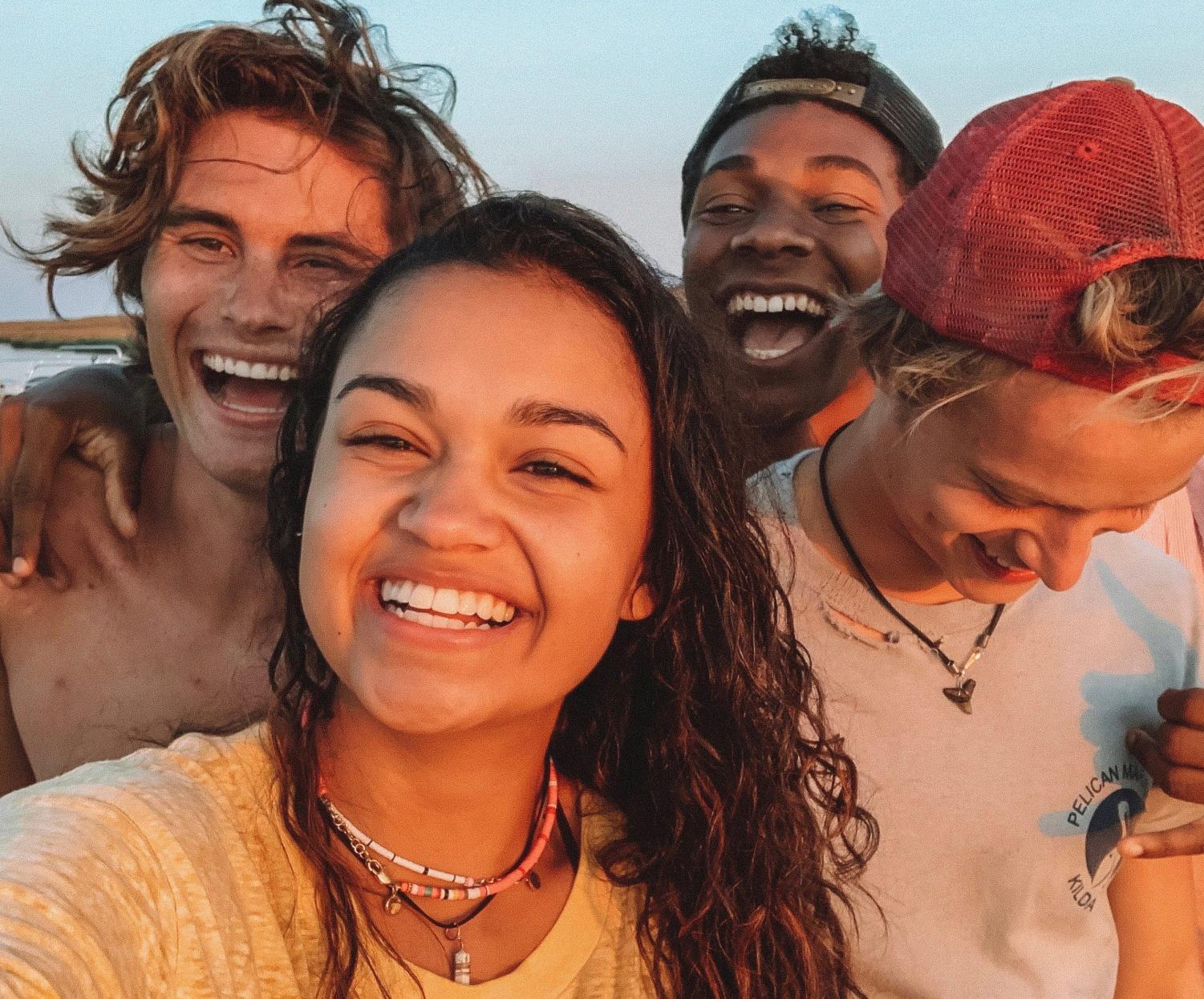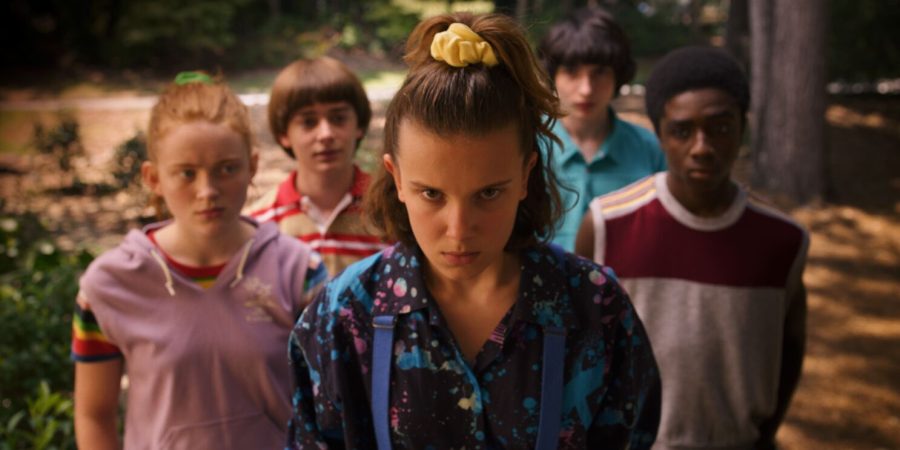Character Bonding – What Fictional Character Do You Relate To?
December 10, 2022
Do you watch Stranger Things? If so, have you ever identifi ed with one of the characters? Have you ever wondered why you like or feel drawn to a certain character more than others? This is called character bonding. We identify with certain characters because we see our traits in the character, making us feel more empathy and compassion for their experiences because we may have experienced the same things in our own lives.
ed with one of the characters? Have you ever wondered why you like or feel drawn to a certain character more than others? This is called character bonding. We identify with certain characters because we see our traits in the character, making us feel more empathy and compassion for their experiences because we may have experienced the same things in our own lives.
Stranger Things is a good example because so many have watched it. The story doesn’t have to be realistic as long as the characters are everyday, ordinary teens. These characters go through the emotions of fear, sadness, worry, self-doubt, and confusion all while growing up before our eyes. What makes these characters realistic is that no character is perfect. Every character makes mistakes whether they are the villain or the hero. Most teens can identify with that!
Will is a relatable and beloved character because he is able to show his sensitivity. Like most of us, Will is overwhelmed by the pressures of growing up. Sometimes, we learn how to handle our own real-life situations from the characters we love. In the third season, we watched Will’s mental breakdown unfold as he could not handle the sudden changes in his life. Again, like Will, none of us like sudden changes, and our sympathy and compassion for his struggle only grows as we identify with how he feels. Will’s breakdown had an exceptionally strong effect on many teens because it was so relatable. We sobbed along with him as he poured his heart out saying things that many of us wish we could have the courage to say!
Other programs, like Outer Banks, draw us into the struggle of the characters through a more subtle theme. The economic and social struggles that so deeply impact our world today are realistically portrayed before our eyes. The “Kooks,” who are extremely rich, feel entitled to a better lifestyle, education, and social life. On the other hand, “Pogues” live in poverty on the other side of the island and don’t have the same opportunities. Teens today are keenly aware of these differences. Through this program, we learn to recognize an issue that is very wrong in our society. We can relate to the anger in the characters as we watch situations unfold that are grossly unfair. We can feel their frustration right through the screen!
One character in particular, named Pope, is working hard to earn enough money so he can get his education. His father cannot afford to send him to college so he must be perfect in order to get a scholarship. Even though your parents may be able to provide you with a college education, we can all identify with the fear of not being able to pursue our dreams. Not only poor teens will identify with Pope, but all teens will identify with the struggle between the “haves” and the “have nots”!
We project our personality traits and desires onto our favorite characters in books, television, and movies because I think we relate to the characters on a deeper level making us understand the emotional connection. Sometimes, we need a solution to a similar problem and the character provides that for us. Characters present real-life issues through a fictional story. But to the viewer, the struggle is very real. The more we understand the characters the better we understand ourselves.
